Description
A Comprehensive Guide to Secondary Mathematics Curriculum.” This eBook is designed to be your compass in navigating the intricate landscape of secondary mathematics education. Whether you’re a seasoned educator seeking fresh perspectives or a novice teacher eager to dive into mathematical exploration, this guide promises to be your trusted companion.
Chapter 1: Foundations of Secondary Mathematics Education In this foundational chapter, we delve into the fundamental principles that underpin secondary mathematics education. From the historical evolution of mathematical thought to contemporary pedagogical approaches, we explore the rich tapestry of ideas that shape the teaching and learning of mathematics.
Chapter 2: The Art of Curriculum Design Crafting an effective mathematics curriculum is both an art and a science. In this chapter, we unravel the intricacies of curriculum design, from setting clear learning objectives to selecting appropriate instructional materials. Through practical examples and reflective exercises, we empower educators to create dynamic and engaging learning experiences for their students.
Chapter 3: Algebraic Adventures Algebra lies at the heart of secondary mathematics education, providing a robust framework for modeling real-world phenomena and solving complex problems. In this chapter, we embark on a journey through algebraic concepts such as equations, functions, and inequalities, equipping educators with the tools to cultivate algebraic proficiency in their students.
Chapter 4: Geometric Explorations Geometry offers students a unique opportunity to explore the spatial relationships that shape the world around them. In this chapter, we uncover the beauty and elegance of geometric concepts, from basic shapes and angles to advanced topics such as congruence and similarity. We inspire educators to ignite their students’ passion for geometry through hands-on activities and interactive demonstrations.
Chapter 5: Statistical Storytelling Statistics plays a crucial role in helping students make sense of data and draw meaningful conclusions. In this chapter, we unravel the mysteries of statistical analysis, from collecting and organizing data to making informed predictions and inferences. Through real-world examples and practical applications, we empower educators to cultivate statistical literacy in their students.
Chapter 6: Calculus: The Gateway to Advanced Mathematics Calculus represents the pinnacle of secondary mathematics education, providing students with the tools to understand change and motion in the natural world. In this chapter, we journeyed through the critical concepts of differential and integral calculus, empowering educators to demystify calculus and foster a deeper appreciation for its beauty and utility.
Chapter 7: Integrating Technology in Mathematics Education In today’s digital age, technology offers powerful opportunities to enhance the teaching and learning of mathematics. This chapter explores innovative ways to integrate technology into the mathematics classroom, from interactive simulations and dynamic visualizations to online collaboration and communication tools. Through practical strategies and best practices, we empower educators to harness the full potential of technology to enrich their students’ mathematical experiences.
Conclusion: As we conclude our journey through the depths of secondary mathematics education, we invite educators to reflect on their practice, embrace new ideas, and continue their quest for excellence in teaching and learning. May this guide serve as a beacon of inspiration and empowerment as you navigate the ever-changing landscape of mathematics education.

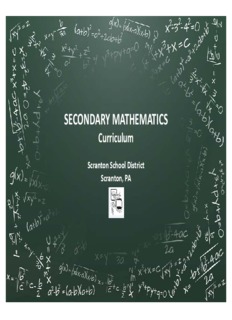
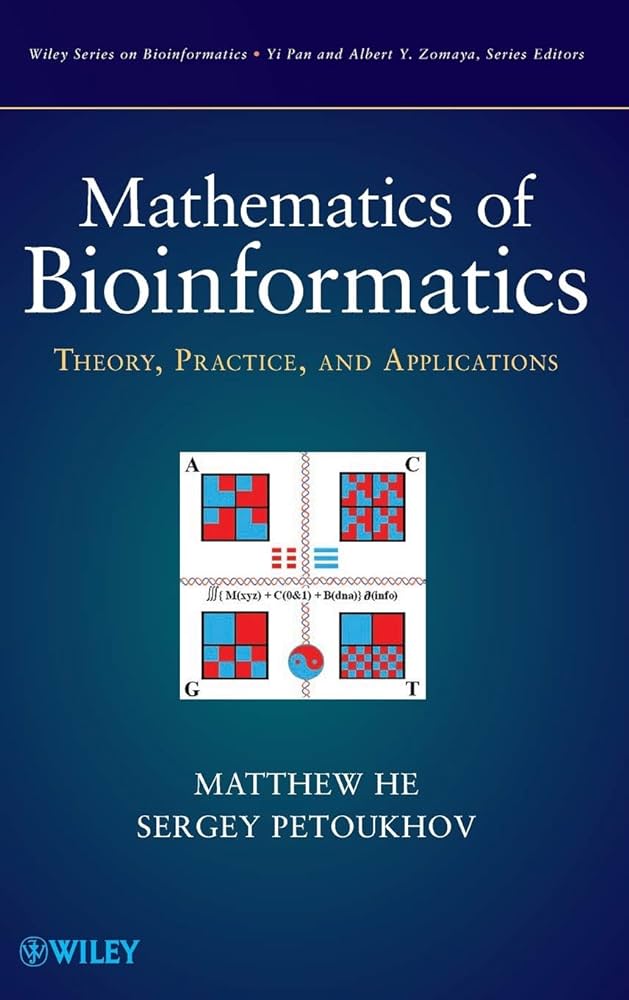
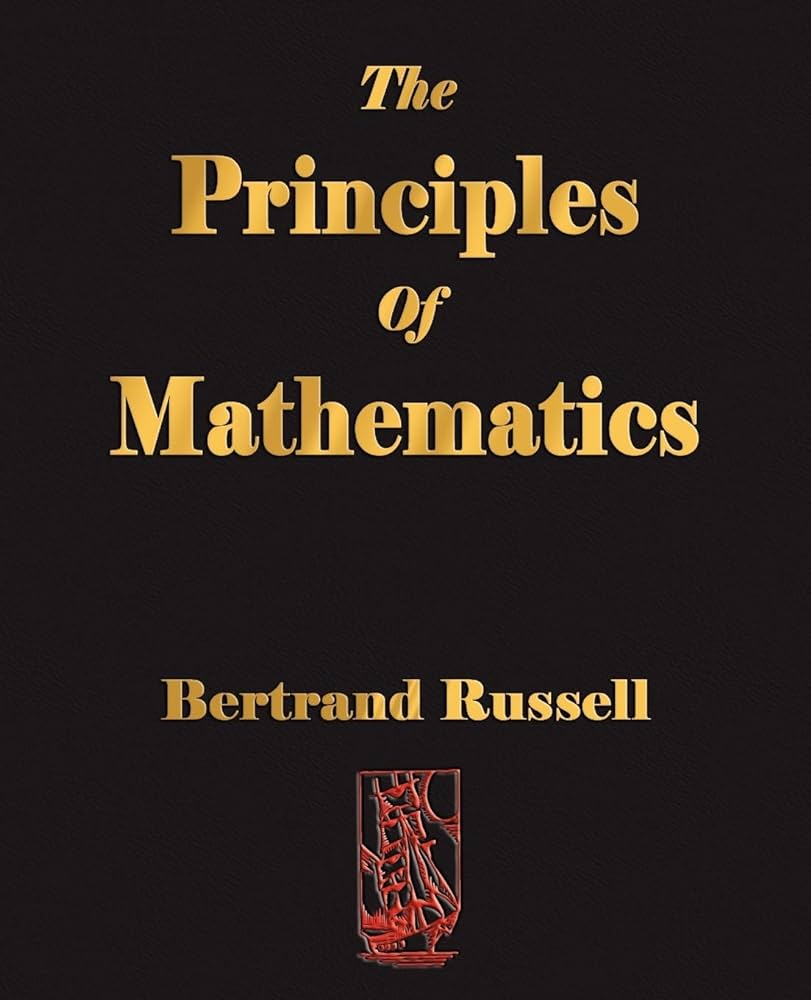
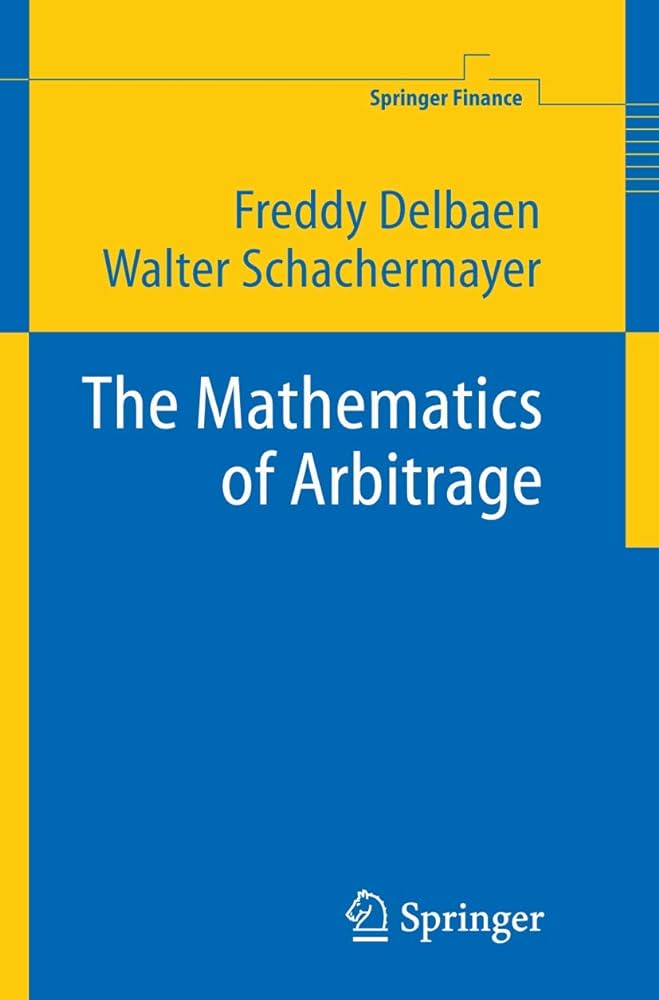
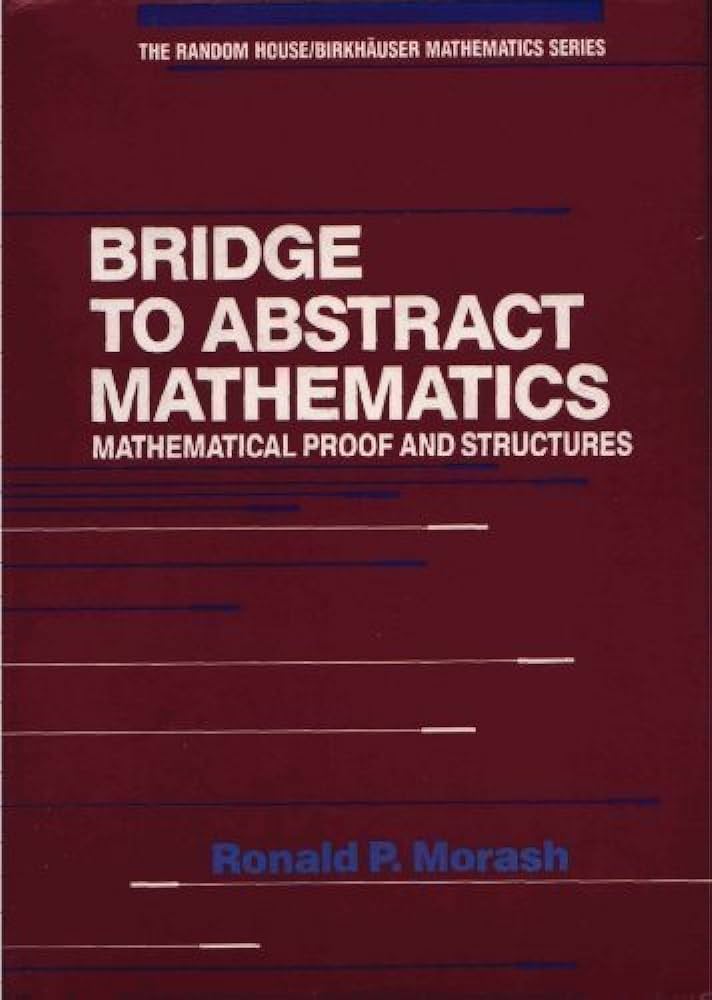
Rasheedat –
I am thoroughly impressed with the Secondary Mathematics Curriculum book! It covers a wide range of mathematical concepts in a systematic and accessible manner, making it suitable for students of varying abilities. The inclusion of enrichment activities and extension tasks ensures that all students are appropriately challenged and supported in their mathematical journey.
Nazifi –
This curriculum book is a game-changer! It seamlessly integrates theoretical concepts with practical problem-solving skills, preparing students for success in higher-level mathematics and beyond. The emphasis on critical thinking and problem-solving strategies fosters a growth mindset and empowers students to tackle challenges with confidence.
Manu –
A comprehensive and well-structured curriculum! As a mathematics teacher, I appreciate the thoughtful organization of topics and the clear explanations provided in this textbook. It effectively engages students and facilitates deeper understanding through a variety of practice exercises and real-world applications.
Arinze –
This curriculum book strikes the perfect balance between conceptual understanding and procedural fluency. The clear explanations and illustrative examples help students grasp abstract mathematical concepts with ease, while the ample opportunities for practice reinforce learning and mastery. The incorporation of real-world applications adds relevance and depth to the content, making mathematics come alive for students.